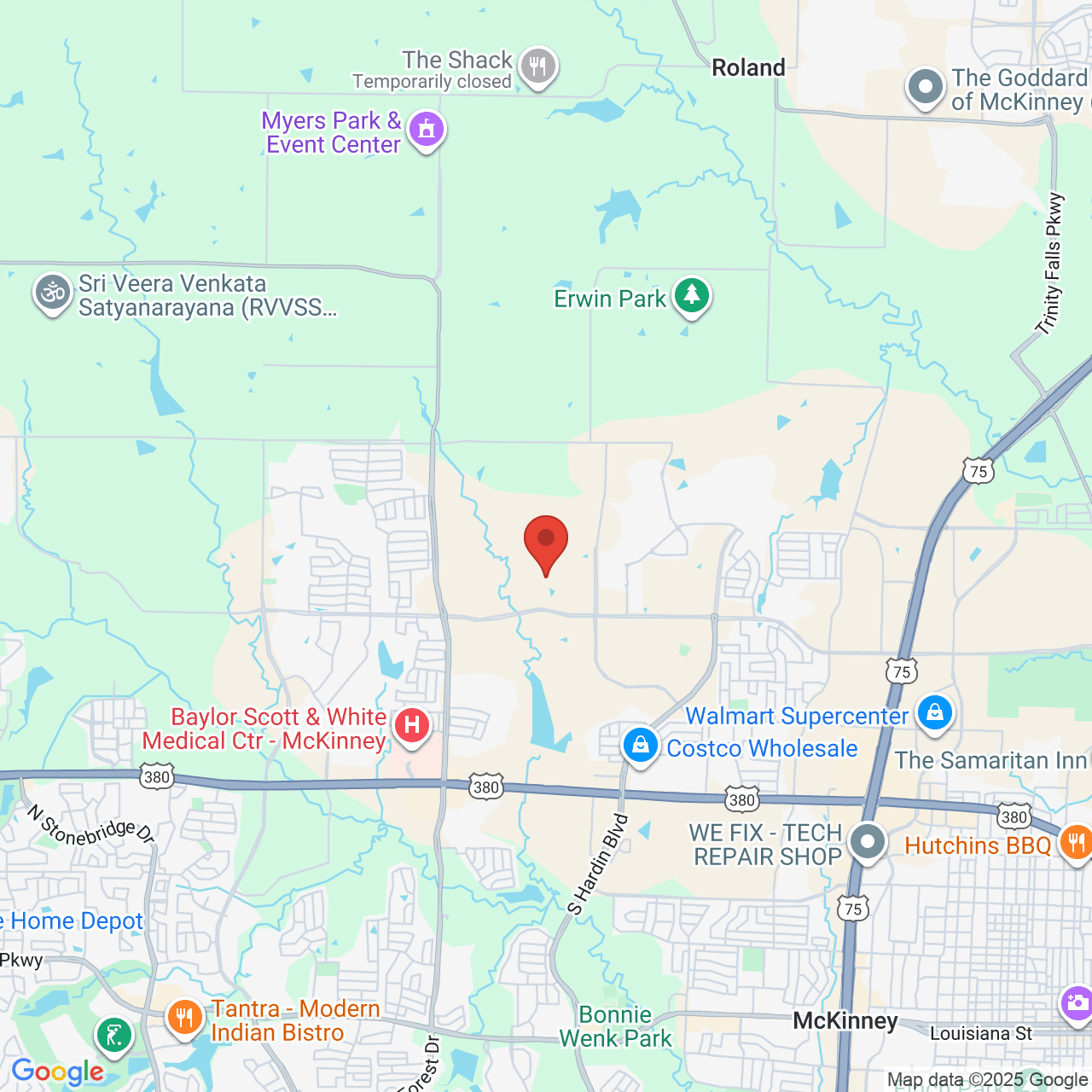Remote Worker Rights In Texas
 When the COVID-19 pandemic began, local shutdown orders forced many employers to adopt a remote work policy. Now that restrictions are lifting, numerous employees are requesting that they maintain their remote work status. If an employee works remotely, it is important that they understand how local and federal employment laws will apply to them.
When the COVID-19 pandemic began, local shutdown orders forced many employers to adopt a remote work policy. Now that restrictions are lifting, numerous employees are requesting that they maintain their remote work status. If an employee works remotely, it is important that they understand how local and federal employment laws will apply to them.
Employment law attorney Dan A. Atkerson can provide workers in Allen, Plano, and Frisco, TX, with information regarding remote workers’ rights in Texas. Here we address some of the most common areas of concern for individuals who are working from home or off-site.
Pay and Overtime for Remote Workers
It can be difficult to track how many hours an employee actually works when they are remote, which can make pay issues a little complex.
When a remote worker is salaried, they receive the same pay as they would if they were working on-site, regardless of the exact number of hours logged each day.
Employees who are paid by the hour will be paid based on the number of hours they are logged into work. If employers have remote workers they should have an electronic timekeeping system that employees can access from a computer or mobile phone.
Minimum wage and overtime pay rates and laws remain the same for remote workers. If an employee is paid hourly and they work beyond 40 hours in a work week, they should be compensated at one and a half times their hourly rate for those hours. Overtime should be logged through the employer’s electronic timekeeping system.
Remote Workers and Business Expenses
Remote workers are likely to incur expenses that do not apply to employees who work on-site. This may include internet charges or the cost of work equipment, like a computer, desk, chair, etc. Any type of software or equipment that is required for the job should be provided by the employer. Beyond that, there are not really any set rules regarding extra expenses.
In general, if employees incur expenses that would bring their rate of pay below the minimum wage, the employer should reimburse them. While other legal requirements are not in place, it is good practice for an employer to provide compensation for work-related expenses, including internet use, so employees should inquire about reimbursement when applying for a job or considering a shift to remote working.
Remote Workers and Workers’ Compensation
Employees who work remotely are entitled to the same workers’ compensation benefits as those who work on-site. This means that, if a worker is injured during the normal hours of employment, or while they are logged in to work, they should be compensated for medical expenses and lost wages associated with the injury. However, it is important to note that Texas does not require employers to carry workers’ compensation coverage for their employees, so this only applies if the benefit is offered.
How Federal Employment Laws Apply to Remote Workers
All federal employment laws apply equally to remote workers as they do to on-site employees. This means that remote workers are entitled to a work environment that is free of discrimination and harassment. If a remote worker is harassed via email or other remote lines of communication, a complaint and/or lawsuit should be filed. Similarly, workers with disabilities have the right to request reasonable accommodations that would allow them to perform their work duties successfully.
Contact Us
If you are a remote worker who believes that your employee rights have been violated, attorney Dan A. Atkerson can help you explore your legal options. Send us a message online at your earliest convenience to discuss your situation, or call (214) 383-3606 and schedule a consultation.



